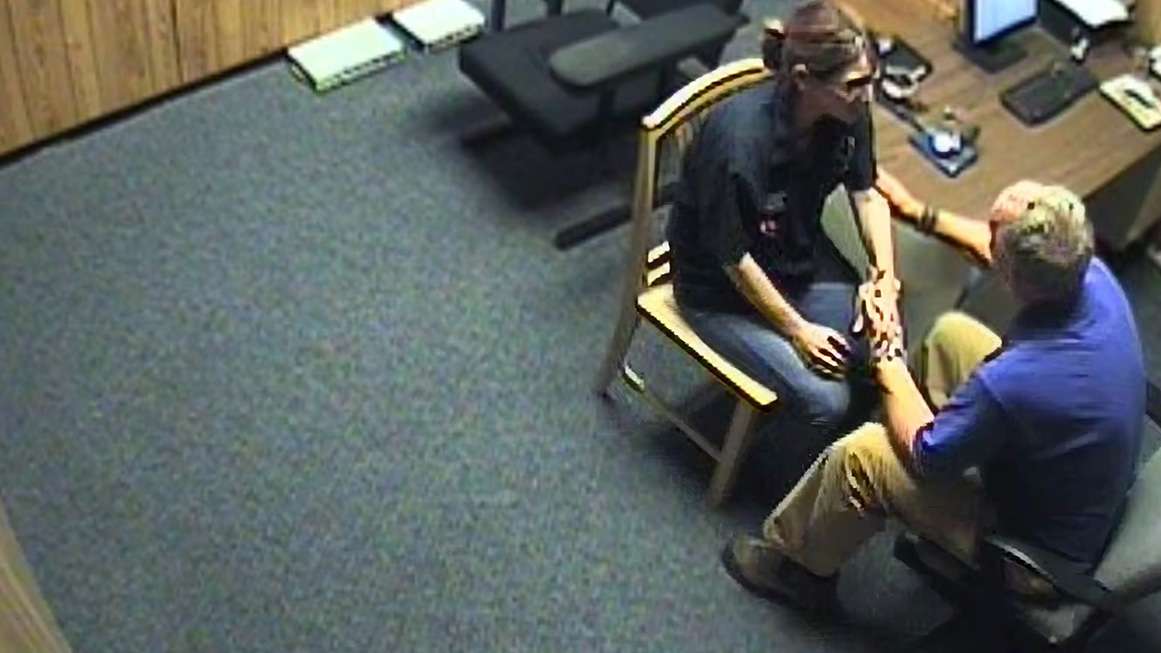Imagine being jailed for two years while awaiting trial for a crime you didn’t commit, facing the death penalty, and being denied proper medical treatment for cancer that had been in remission. All this, based on false witness statements encouraged by a local prosecutor. This is the harsh reality that Nickie Miller faced in Kentucky.
Miller’s ordeal began with allegations of a murder plot concocted by a witness who later sought to recant her statement, citing coercion and threats. Despite this, law enforcement proceeded with the case, leading to Miller’s unjust imprisonment.
The story will fly under the radar. It shouldn’t.
Nickie Miller was jailed for 2 years for a murder he didn’t commit—in part because a prosecutor reportedly ordered a witness to destroy evidence of Miller’s innocence.
Miller had cancer. It was in remission, but it relapsed… https://t.co/UNFEKAPTc4
— Billy Binion (@billybinion) July 3, 2024
Despite the eventual dropping of charges against Miller, the damage had been done. His cancer returned due to lack of medication access during his incarceration. Upon his release, he sued the prosecutor, Keith Craycraft, only to be met with the defense of absolute immunity.
The legal battle highlighted the controversial doctrine of absolute prosecutorial immunity, which shields government employees from lawsuits for actions within their official duties. This immunity has often shielded prosecutors from accountability for misconduct, as seen in cases like Priscilla Lefebure’s failed lawsuit against a prosecutor who mishandled her rape case.
Miller’s fight for justice was cut short by his untimely passing during the litigation, underscoring the urgent need for reform in prosecutorial immunity laws. Justice Sonia Sotomayor’s call for limitations on this immunity serves as a crucial reminder of the need to prevent such abuses of power in the future.
This article originally appeared in print under the headline “Absolute Immunity Protects the Indefensible.”





